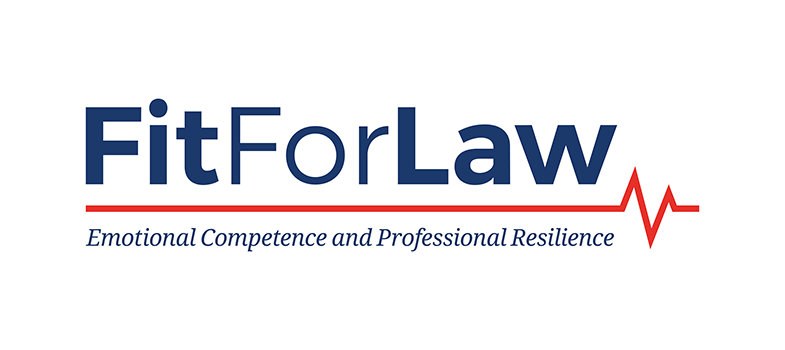2.6 Assisting vulnerable clients
A vulnerable client can be described as ‘someone who is at a higher risk of harm than others’ (Solicitor Regulation Authority, 2016). Many parts of the profession provide detailed advice and guidance on assisting vulnerable clients. Instead of replicating these, this section is focused on the emotional aspects of such work.
It is important to understand that people from different backgrounds may have had different and more negative experiences with the justice system and legal professionals, through stories from friends and family members and what they have seen through the media. Therefore, you may have to be sensitive when building trust, rapport and respect with people from backgrounds where there is a history of mistreatment and marginalisation. Some individuals may experience double marginalisation, such as women from ethnic minority backgrounds or sexual and gender minorities from ethic minority backgrounds. Likewise, some legal professionals are similarly subject to mistreatment or marginalisation based on their social identity categories (e.g. race, religion and sexuality), something highlighted in LawCare’s recent Life in the Law report [Tip: hold Ctrl and click a link to open it in a new tab. (Hide tip)] (2021). Therefore, being aware and mindful of social identity categories and trying to be sensitive to individuals’ experiences of marginalisation is important for the wellbeing of yourself, your colleagues and your clients.
When individuals mention these negative experiences, they may be seeking validation by being listened to and to have their experience acknowledged, so it will help to listen and take the time to let the client know you are listening intently and will not in any way dismiss or denigrate their experiences. You should ensure that you are interested and engaged in what the client is saying, even if it’s a particular narrative that you have heard many times as you may cause offense to the client if you are not paying attention. Where further support could be beneficial to the client, you may want to signpost some resources like Samaritans and MIND at an appropriate time.
Continue to 3 Working effectively with colleagues.
2.5 Working with difficult clients
